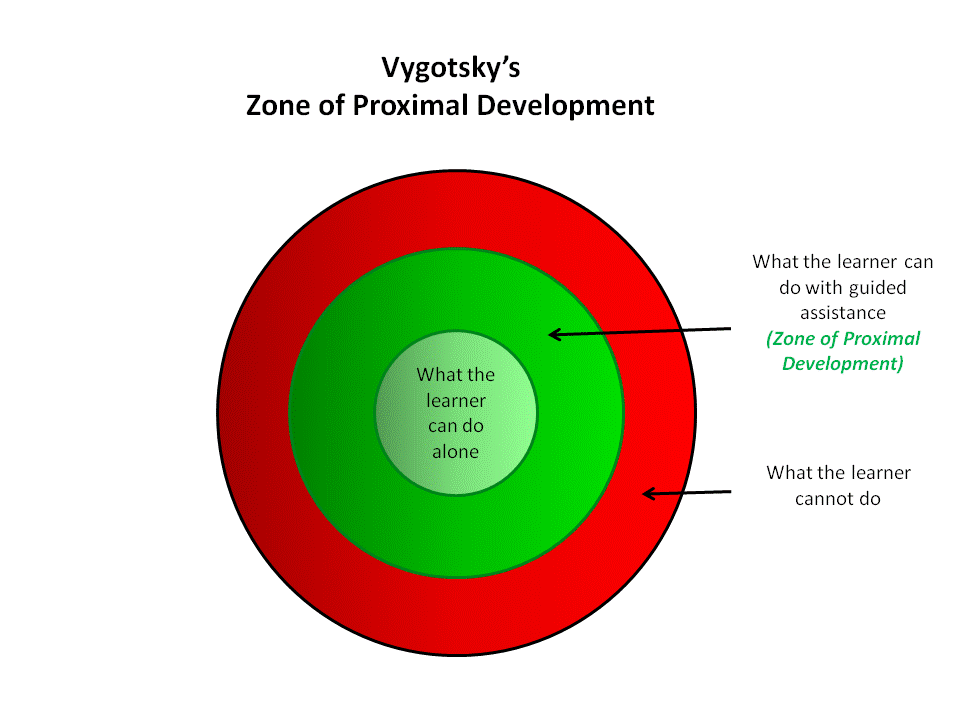Productive Failure, it sounds strange, basically it is a teaching strategy by which children are set up to fail. They are set a mathematics task that they have not learned yet: standard deviation; parabolas; algebra, and they have to try to do the problem by working through it. The method was first coined by Dr Manu Kapur, who is the head of the Learning Sciences Lab at the National Institute of Education of Singapore. His website – see above – is well worth a read of to see more of his work.
I have been thinking a lot about this method of teaching. Essentially children are being asked to complete problems that they do not know how to complete, it is completely beyond their abilities at this point. Initially I wondered how this could possibly be helpful, we all know the dangers of setting work at a level that is too difficult for the child to complete, with their self-esteem and confidence especially in a subject such as mathematics as it is the cause of much anxiety in and of itself.
But then I though more about it and it struck me that there were strong links with Productive Failure and Vygotski’s Zone of Proximal Development.
Essentially, Productive Failure asks children to work within the red section of the Zone of Proximal Development, as they are asked to complete problems that they cannot do. Now that I can see this, I realise that Productive Failure could be a highly useful classroom tool if used in the right way. I think that the method would have to be talked through first, so that children understand fully that it is not to catch them out, it’s not a test, and that it is a chance for them to see what they will be learning and look for possible links to topics they have done before. I also think that it would have to be a collaborative activity where children could work in small groups or pairs to work on a problem to bits of it work out. It would very much be about scaffolding and building up knowledge.
I think that this is a concept that I would like to use, possibly on my 3rd or 4th year placement to see if it works well in practice, and whether it is easily adapted to different ages and stages and even subjects, perhaps for beginning new topics or learning spelling words.
https://getyourheadaroundit.files.wordpress.com/2013/11/zpd-graphic.gif
http://qz.com/535443/the-best-way-to-understand-math-is-learning-how-to-fail-productively/



Very interesting read, I have investigated this being used in China, with much success. Something that I think may be a problem with trying this in schools is the fact that it may lower the self-esteem of children, as with Vygotsky’s Zone of Proximal Development, there are those who will be able to offer more assistance than others. In the case of group challenges, this could be a problem as some children may not focus. This is something to consider for your own teaching.